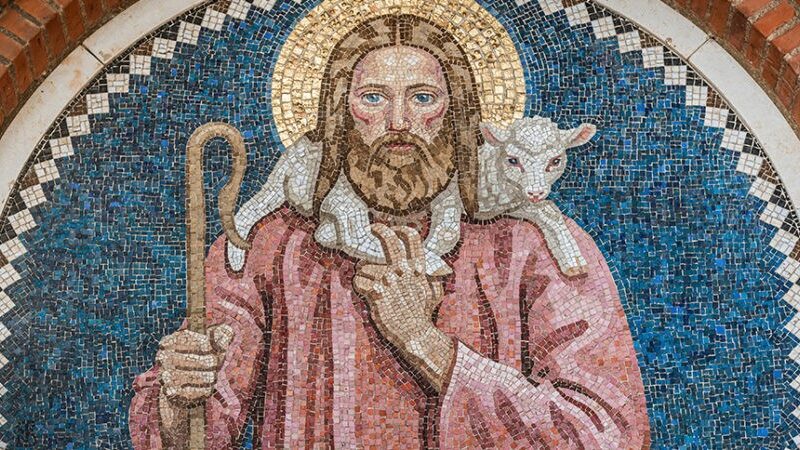
Speaking the Truth in Love – Wednesday Gospel Reflection
 The accusations levelled at the pharisees by Jesus can just as easily be asked of us: are we sincere and faithful in following God’s commandments? Is our religious practice one which buffs up the outside of the cup, leaving the inside tainted and impure? Asking these questions of ourselves can ensure that we don’t make the same mistakes as the pharisees, but can also tell us something about how we are to speak the truth to others.
The accusations levelled at the pharisees by Jesus can just as easily be asked of us: are we sincere and faithful in following God’s commandments? Is our religious practice one which buffs up the outside of the cup, leaving the inside tainted and impure? Asking these questions of ourselves can ensure that we don’t make the same mistakes as the pharisees, but can also tell us something about how we are to speak the truth to others.
It’s difficult to miss the passion with which Jesus engages in his accusations against the pharisees. Jesus is clear and firm in speaking the truth to a group of people who were actively obstructing others in their desire to abide by the Law and enter the kingdom of God. In our own society we seem more interested in talking about situations than actively dealing with them; a well placed Facebook post or tweet can signal one’s desire to support a popular opinion, but seems unlikely to result in the person engaging in good work to help other people.
Speaking the truth in a world marked by spiritual and moral torpor can be difficult, particularly in a world where opinions which are deemed unpopular are likely to be “no platformed” and given no public hearing. Faced with this prospect we might echo the feelings of Moses as he stood before the Lord – I’m not eloquent, and I’m slow of speech and tongue (Exodus, 4:10) – but speaking out, despite the difficulties, is still imperative for our following of Christ.
So given this difficulty, how are we to speak the truth? Paul tells us that “speaking the truth in love” (Ephesians 4:15) comes from the workings of the Holy Spirit and helps us to achieve full maturity in Christ. This maturity ensures that we aren’t blown about by different kinds of doctrine, but cling fast to Christ and His teaching. Through sacraments, scripture, and prayer we are able to grow into maturity, and our actions, even if they are as strong as Jesus’ in today’s gospel, can be prompted by our love of God and neighbour. This relationship helps us learn from the mistakes of the pharisees, scribes, and the lawyers too; perhaps in part by changing the accusations against the pharisees into questions we ask of ourselves. Through this self examination we can become people of integrity whose lives practise what they preach, so that, in the fullness of time, we grow to be people who welcome others into the riches of the truth, rather than people who load burdens on to others without lifting a finger to help.


